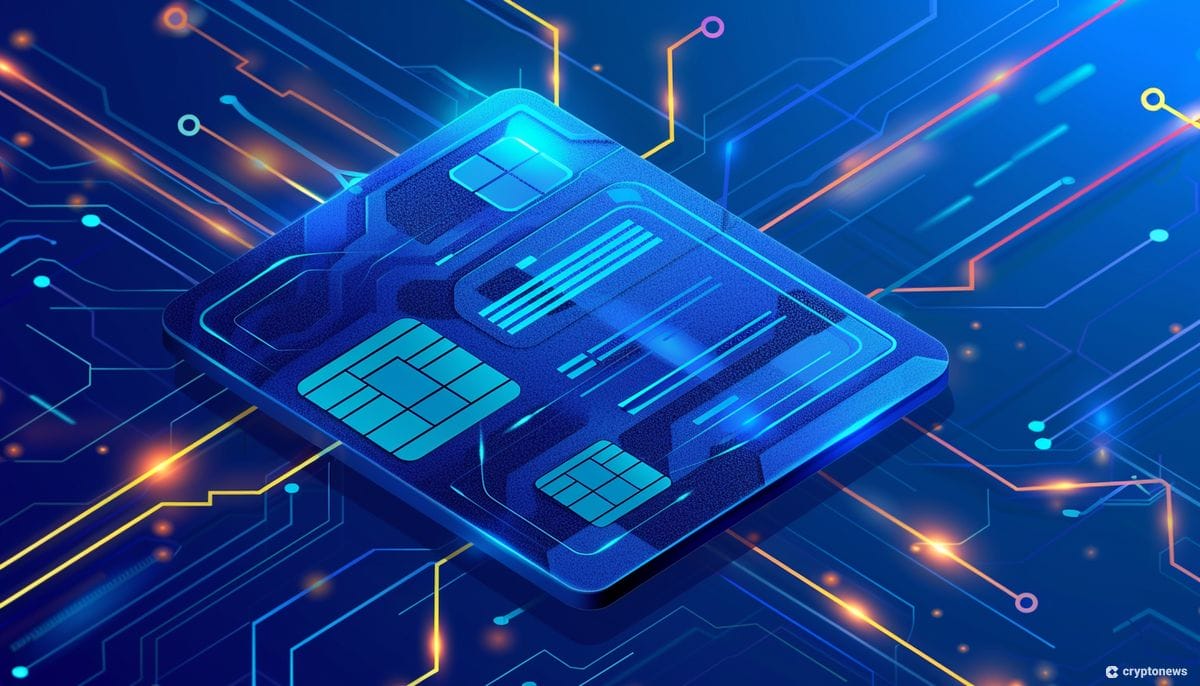PayPal announced at Consensus 2024 that it would be expanding its stablecoin, PayPal USD (PYUSD), to the Solana blockchain in an effort to enhance transaction speeds and reduce costs. This move is aimed at providing users with greater flexibility and control. The integration will utilize Solana’s high-speed and low-cost infrastructure. PYUSD is issued by Paxos Trust Company, fully backed by U.S. dollar deposits, U.S. Treasuries, and similar cash equivalents.
Solana, known for processing transactions quickly and cost-effectively, is the second blockchain to support PYUSD after Ethereum. It is an ideal choice for commerce use cases. The integration with Solana is expected to enhance the speed and scalability of PYUSD transactions, making them more accessible, cost-effective, and instantaneous. This move reflects PayPal’s commitment to innovation and providing users with advanced payment solutions.
Users of PayPal and Venmo wallets will have a unified balance of PYUSD regardless of the blockchain they use. Platforms like Crypto.com, Phantom, and Paxos are among the first to support the purchase of PYUSD on Solana, offering a seamless fiat-to-crypto experience for consumers and enterprises alike. The integration with Solana is expected to revolutionize the way transactions are conducted, making payments faster and more efficient.
On a different note, PayPal recently announced the removal of NFT purchases from its purchase protection program as of May 20. This change excludes NFT transactions above $10,000.01 or those under $10,000 if deemed unauthorized. The decision reflects a shift in PayPal’s approach toward NFTs amidst fluctuating interest and participation in the market. Despite previous efforts to integrate NFTs on its platform, the changing landscape has prompted this adjustment.
The NFT market has experienced a significant decline in recent times, with sales volumes dropping and major platforms like GameStop shutting down their NFT marketplaces due to regulatory uncertainties. This shift in PayPal’s purchase protection program indicates a shifting trend in the NFT market and the need for platforms to adapt to changing conditions. It also highlights the importance of flexibility and adaptability in the fast-paced world of digital assets.
In conclusion, PayPal’s expansion of PYUSD to the Solana blockchain reflects its commitment to enhancing transaction speeds and reducing costs for users. This move is expected to revolutionize the way payments are conducted, making them more accessible and efficient. The integration with Solana highlights the benefits of using advanced blockchain technology for financial transactions. Additionally, the removal of NFT purchases from PayPal’s protection program signals a changing trend in the NFT market and the need for platforms to adapt to evolving conditions. Flexibility and adaptability remain crucial in navigating the dynamic landscape of digital assets.










